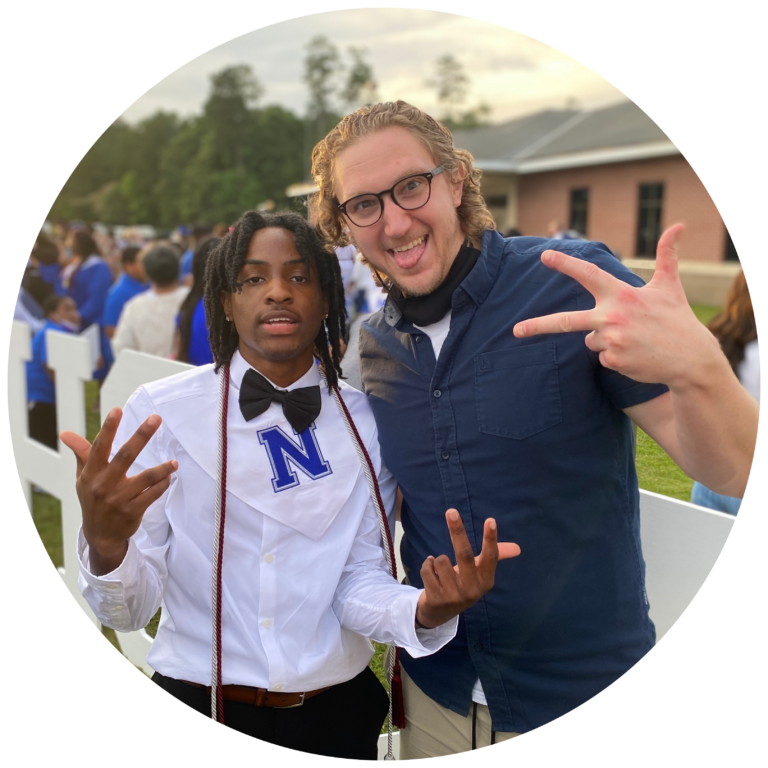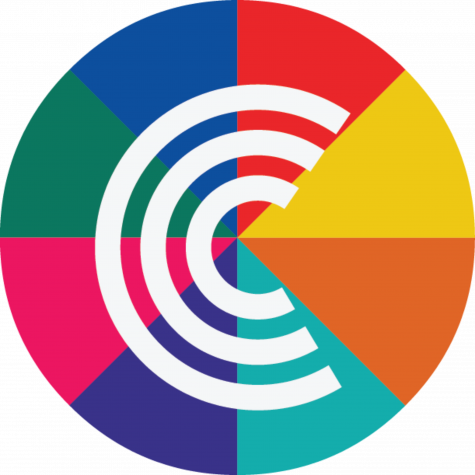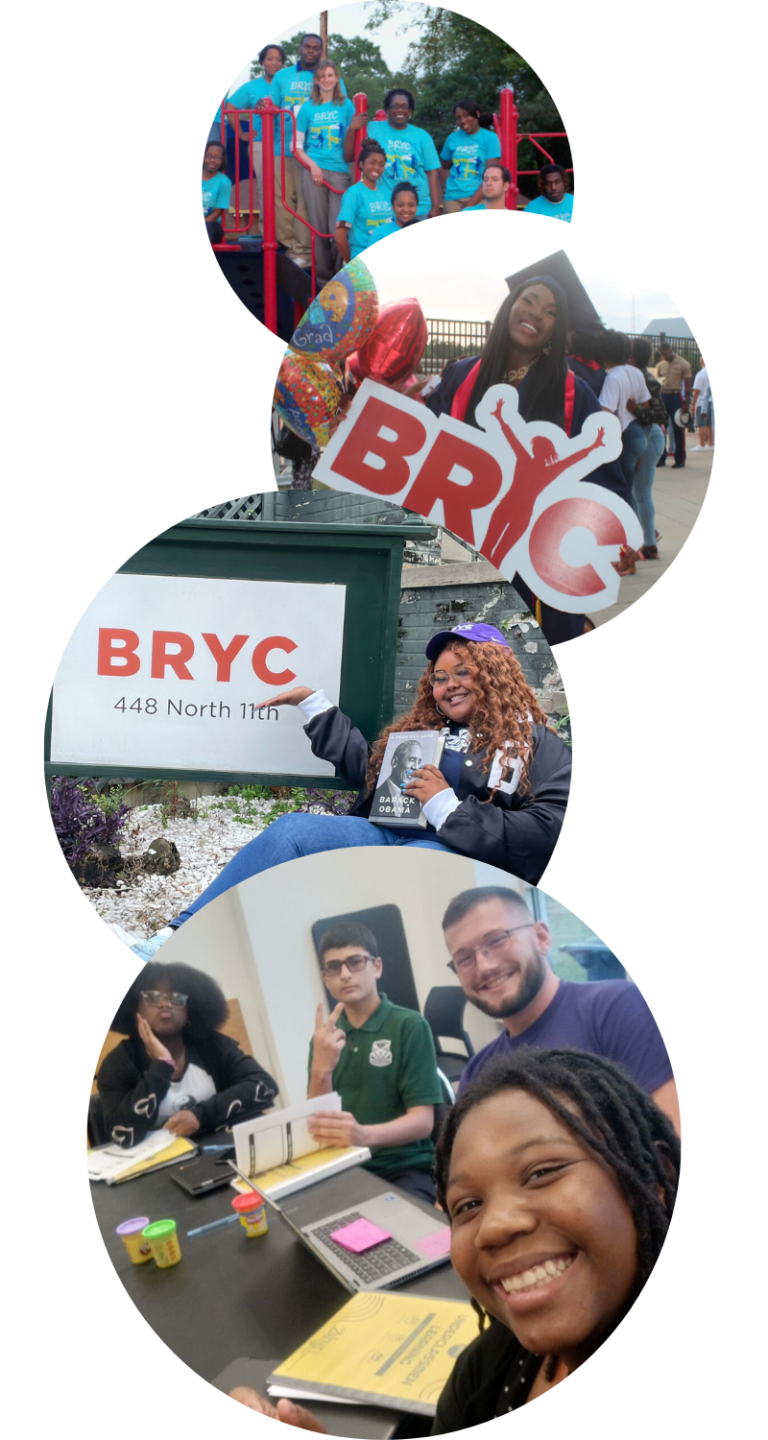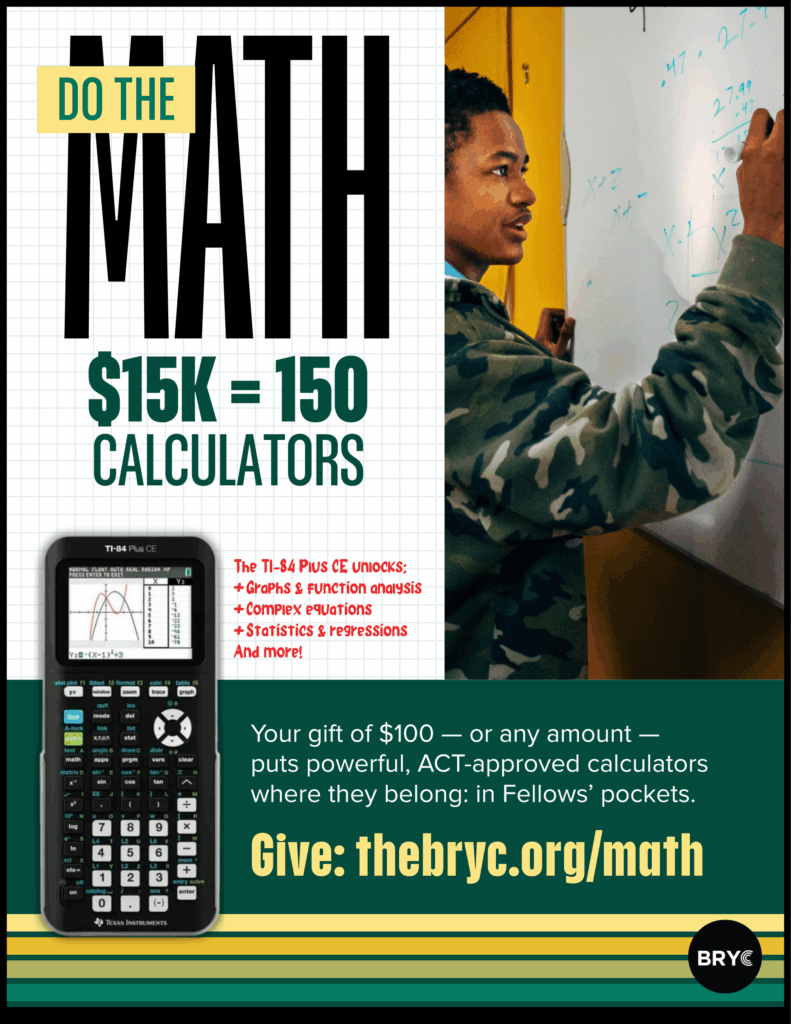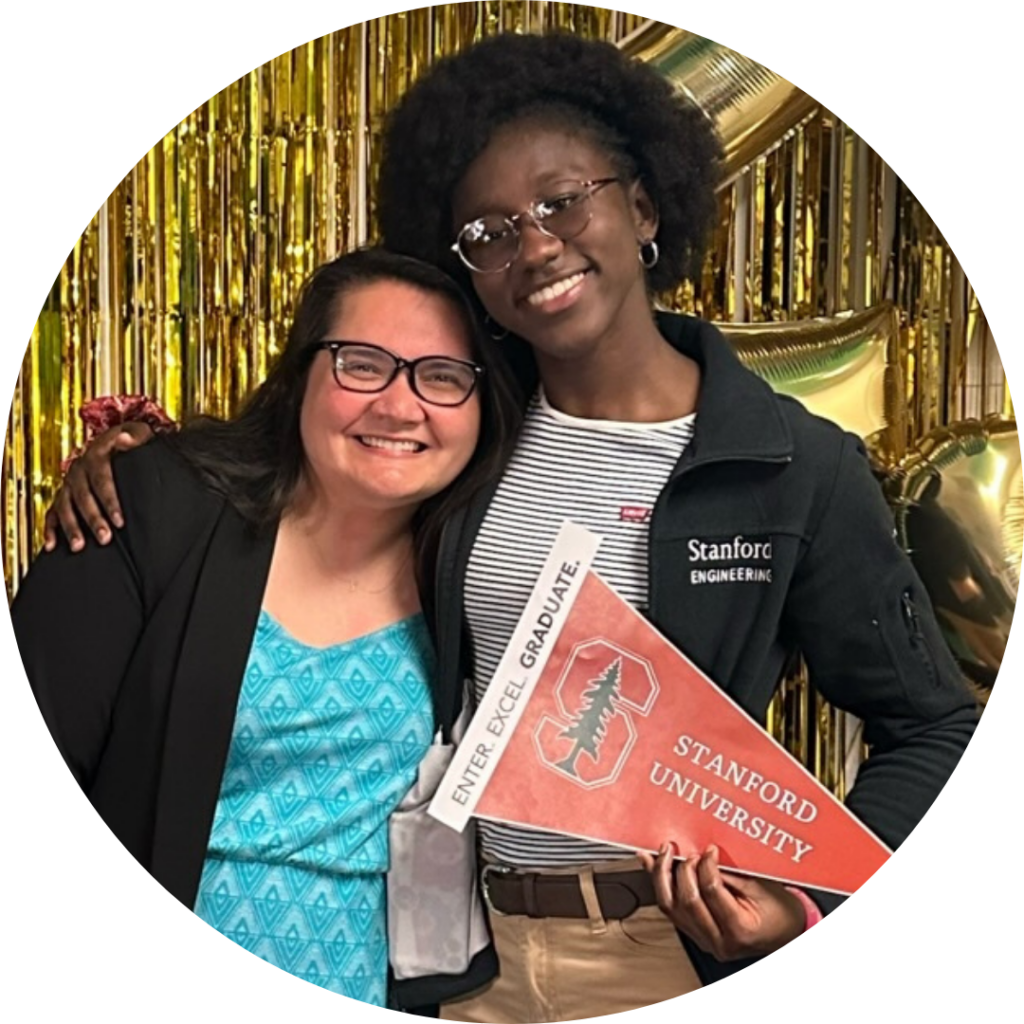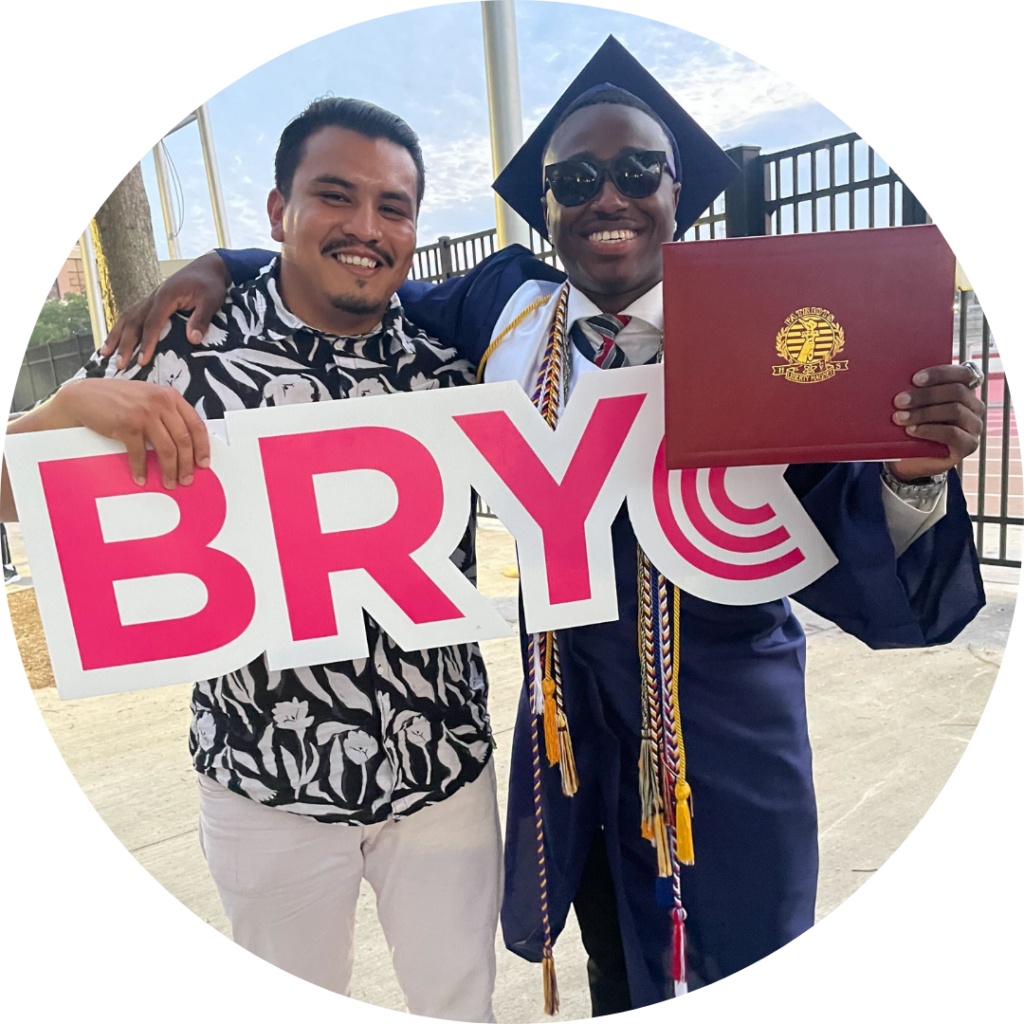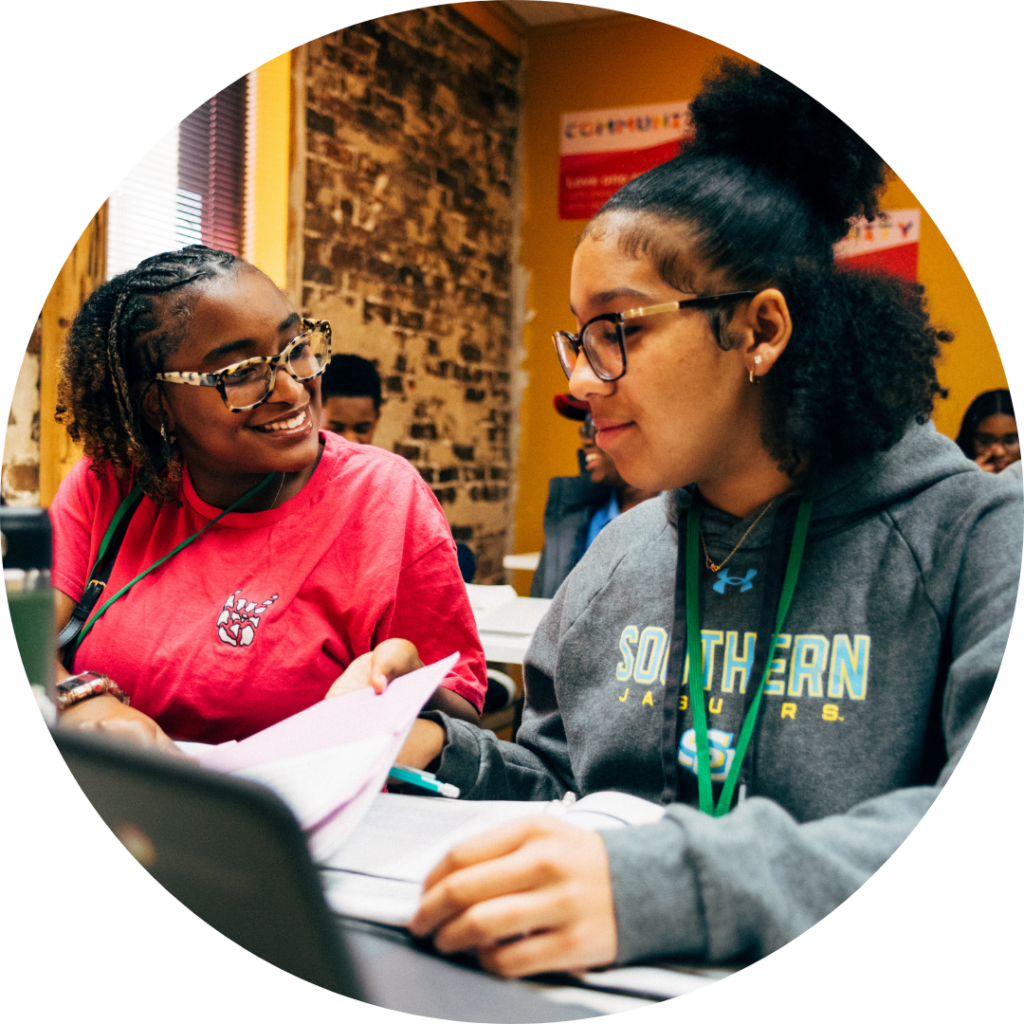BRYC's Commitment to Diversity, Equity & Inclusion
BRYC intends for equity not to be in our DNA but to be our DNA. We’re proud of – but never satisfied with – where we are in the lifelong process of scrutinizing how unjust power dynamics manifest in BRYC spaces and building systems to prevent and interrupt them.
It starts with personnel. Through a hiring process that intentionally reaches diverse audiences and assesses implicit bias in selection, BRYC has built a team that represents and understands Fellows’ experiences. And where we are ignorant, we are committed to learn. In Team Labs, BRYC staff regularly look for opportunities to make our educational practices and organizational policies more equitable. Our Trust Statements, norms for how teammates treat one another, form the foundation of a culture of safety, in which conflict and injustice is brought to light and addressed constructively. We are incredibly proud of our team culture and its effect on Fellows’ feeling safe and supported at BRYC.
We are even more deliberate about how BRYC adults interact with Fellows. BRYC’s Culture Code, jointly written by Fellows and staff, is our constitution for how teammates and volunteers should approach our roles as mentors. This focus on Fellow respect and agency extends into programs. BRYC’s commitment to making college access more equitable for driven, underserved youth comprises not only tackling the functional aspects of succeeding in high school and college but also engaging Fellows around the structural inequities that call for BRYC’s existence and block Black and Brown youth from socioeconomic mobility. Through monthly pulse surveys, semesterly satisfaction surveys, and a perpetual emphasis on self-advocacy, we urge Fellows and Guardians to tell us how BRYC can be better.
Finally, BRYC does not tolerate these violences by or against any member of the BRYC Community: racism; sexism; ableism; homophobia; transphobia; ageism; anti-Semitism; stereotypes; physical, emotional or sexual abuse; or gossip.

